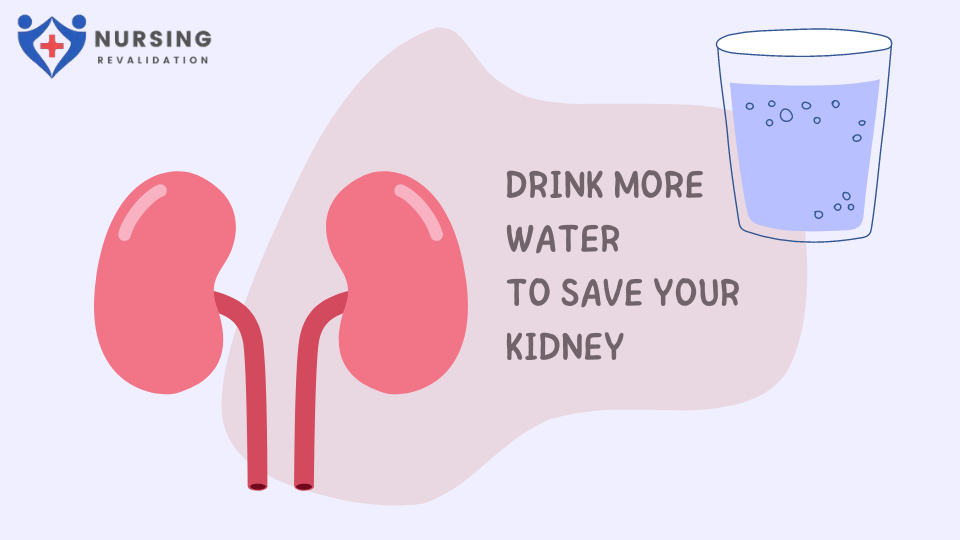Kidney cancer, also known as renal cell carcinoma, is a serious disease that can have life-threatening consequences if left untreated. In order to catch kidney cancer early and increase the chances of successful treatment, it is important to be aware of the symptoms associated with this condition. This article will provide an overview of the most common symptoms of kidney cancer and explain what you should do if you notice any of these signs.
What is Kidney Cancer?
Kidney cancer is a type of cancer that develops in the cells of the kidneys. The kidneys are two small organs located on either side of the spine, just below the ribcage. The main function of the kidneys is to filter waste and excess fluids from the blood, which are then excreted from the body in the form of urine. When cancer cells develop in the kidneys, they can interfere with this important process and lead to a range of health problems.
Types of Kidney Cancer
There are several types of kidney cancer, but the most common type is renal cell carcinoma. This type of cancer starts in the cells that line the small tubes within the kidneys, known as renal tubules. Another type of kidney cancer is transitional cell carcinoma, which starts in the cells that line the ureter or the bladder.
Causes of Kidney Cancer
The exact causes of kidney cancer are not yet fully understood, but certain factors can increase the risk of developing this disease. Some of these risk factors include:
- Age: Kidney cancer is more common in people over the age of 40.
- Gender: Men are slightly more likely than women to develop kidney cancer.
- Smoking: People who smoke cigarettes are at a higher risk of developing kidney cancer.
- Obesity: Being overweight or obese can increase the risk of kidney cancer.
- High blood pressure: People with high blood pressure are more likely to develop kidney cancer.
- Family history: Having a family history of kidney cancer or other types of cancer can increase the risk of developing this disease.
Kidney Cancer Symptoms
In the early stages, kidney cancer may not cause any noticeable symptoms. However, as cancer grows and spreads, it can cause a range of symptoms that can indicate the presence of the disease. The symptoms of kidney cancer can vary from person to person, but some of the most common ones include:
Early Symptoms
- Blood in the urine (hematuria)
- Pain or discomfort in the side or lower back
- A mass or lump in the abdomen or side
- Fatigue
- Unexplained weight loss
Advanced Symptoms
- Loss of appetite
- Anemia
- Swelling in the legs or ankles
- High blood pressure
- Fever
- Night sweats

How is Kidney Cancer Diagnosed?
If you experience any of the symptoms associated with kidney cancer, it is important to see a doctor right away. Your doctor may perform a physical exam, including a check of your abdomen and back, to look for any lumps or masses. Your healthcare provider may request a urine sample from you, which they will test for the presence of blood or other irregularities
If your doctor suspects that you may have kidney cancer, you may need to undergo further testing, such as:
- Imaging tests: These can include X-rays, CT scans, or MRI scans, which can provide detailed images of the kidneys and surrounding tissues.
- Biopsy: A small tissue sample may be taken from the kidney and examined under a microscope to look for cancer cells.
Treatment for Kidney Cancer
The treatment for kidney cancer will depend on the stage and extent of the disease, as well as the overall health of the patient. Some of the most common treatments for kidney cancer include:
Surgery
Surgery is often the first line of treatment for kidney cancer. The goal of surgery is to remove the cancerous tumor and any surrounding tissue that may be affected by the disease. In some cases, the entire kidney may need to be removed.
Targeted Therapy
Targeted therapy hones drugs on cancerous molecules or proteins, stifling their spread and growth, and offering specific treatment for cancer. Drugs can curb cancer growth; complementing surgery and radiation therapy, these medicines aid in slowing or halting cancerous cells.
Immunotherapy
Immunotherapy is a type of treatment that helps to boost the body’s immune system so that it can better fight cancer cells. Doctors may combine this treatment with other therapies such as surgery or radiation therapy
Kidney Cancer Prevention
While there is no surefire way to prevent kidney cancer, there are some things you can do to lower your risk of developing this disease. Some of these prevention tips include:
- Quitting smoking
- Maintaining a healthy weight
- Eating a healthy diet
- Getting regular exercise
- Managing high blood pressure
- Getting regular check-ups with your doctor
Conclusion
Kidney cancer is a serious disease that can have life-threatening consequences if left untreated. By recognizing the signs and symptoms of this condition, and seeking prompt medical attention if you notice any of these signs, you can increase your chances of successful treatment. If you have received a kidney cancer diagnosis, you can explore multiple treatment options to manage the disease and enhance your quality of life
FAQs
Is kidney cancer hereditary?
In some cases, kidney cancer can run in families, but it is not always hereditary.
What is the survival rate for kidney cancer?
The survival rate for kidney cancer depends on many factors, including the stage and extent of the disease, as well as the age and overall health of the patient.
Can kidney cancer be treated with radiation therapy?
Radiation therapy is not typically used as the first line of treatment for kidney cancer, but it may be used in combination with other treatments.
Are there any long-term side effects of kidney cancer treatment?
Depending on the type and extent of treatment, there may be some long-term side effects of kidney cancer treatment, such as chronic pain or kidney damage. However, these side effects can often be managed with proper care and treatment.


